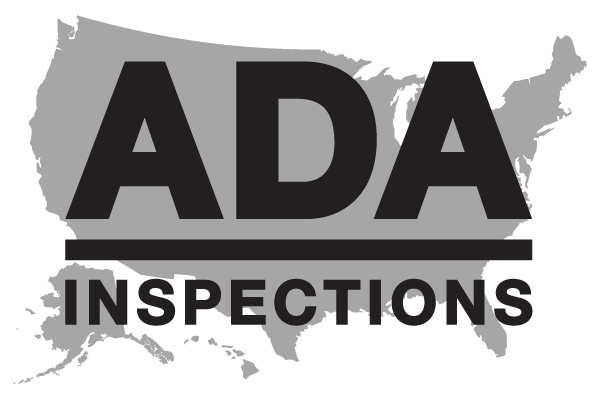Aging-in-Place Home Modifications for People Living with Muscular Dystrophy
Muscular Dystrophy (MD) is a common chronic and degenerative health condition that can lead to disability. Home modifications to accommodate Muscular Dystrophy make everyday tasks in the home simpler, safer and better.
A Certified Aging-in-Place Specialist (CAPS) consultant can help with the home modifications.
According to the Mayo Clinic, the main sign of muscular dystrophy is progressive muscle weakness. Specific signs and symptoms begin at different ages and in different muscle groups, depending on the type of muscular dystrophy. Symptoms of Duchenne Muscular Dystrophy, the most common MD, include:
Frequent falls
Difficulty rising from a lying or sitting up position
Trouble running and jumping
Waddling gait
Walking on the toes
Large calf muscles
Muscle pain and stiffness
Learning disabilities
The complications of progressive muscle weakness include:
Trouble walking. Some people with muscular dystrophy eventually need to use a wheelchair.
Shortening of muscles or tendons around joints (contractures). Contractures can further limit mobility.
Breathing problems. Progressive weakness can affect the muscles associated with breathing. People with MD may eventually need to use a breathing assistance device (ventilator), initially at night but possibly also during the day.
Curved spine (scoliosis). Weakened muscles may be unable to hold the spine straight.
Heart problems. Muscular dystrophy can reduce the efficiency of the heart muscle.
Swallowing problems. If the muscles involved with swallowing are affected, nutritional problems and aspiration pneumonia may develop. Feeding tubes may be an option.
Home modifications specifically for people living with Muscular Dystrophy include:
Adding rails to doorways or stairs.
Creating half steps to make large steps smaller.
Installing ramps where steps are located, if possible.
Widening doorways to 36” or more.
Widening hallways to 42” or more.
Removing or leveling threshold strips between rooms.
Adding stair lifts where ramps are not practical.
Replacing a bathtub with a walk-in shower.
Installing a bathtub transfer chair or bench.
Adding shower chair or bench.
Mounting grab bars or handrails in bathtubs, showers or near the toilet.
Placing non-skid rubber bath mats in showers or bathtubs.
Installing a raised toilet seat or commode frame.
Switching out faucets to those that are easier to grasp or those that only require a touch to turn on.
Inserting chair or bed raisers.
Adding a handle or bed rail for getting out of bed.
Adding a motion-activated nightlight on common routes and in bathrooms.
Have a phone within easy reach of the person with Parkinson’s disease in the main rooms of the house.
Add an adapter with oversized buttons that fits over the phone to make dialing easier for people with stiffness.
Add an adapter that amplifies their voice on the phone for those with low voice volume.
Have emergency numbers (police, fire, a neighbor’s number, doctors’ offices) near the house phones and programmed into smartphones.
Have pen/pencil grips on each writing device to enable easier gripping.
Rearrange furniture so that rooms are less crowded and allow more space to maneuver.
Have furniture, chairs and couches with firm cushions and straight backs and secure armrests.
Store commonly used foods and beverages on shelves in the pantry or refrigerator that are easy to reach.
Decant foods and liquids into smaller, easier-to-handle containers.
Keep items that you use daily, like coffee mugs, on hooks rather than harder-to-reach cupboards.
Look into special utensils, such as forks and spoons with easy-to-grip handles and a knife that works with a rocking rather than sawing motion.
Consider having a kitchen countertop lowered.
Keep the path between the bed and bathroom clear of objects, loose rugs and any other tripping hazards.


